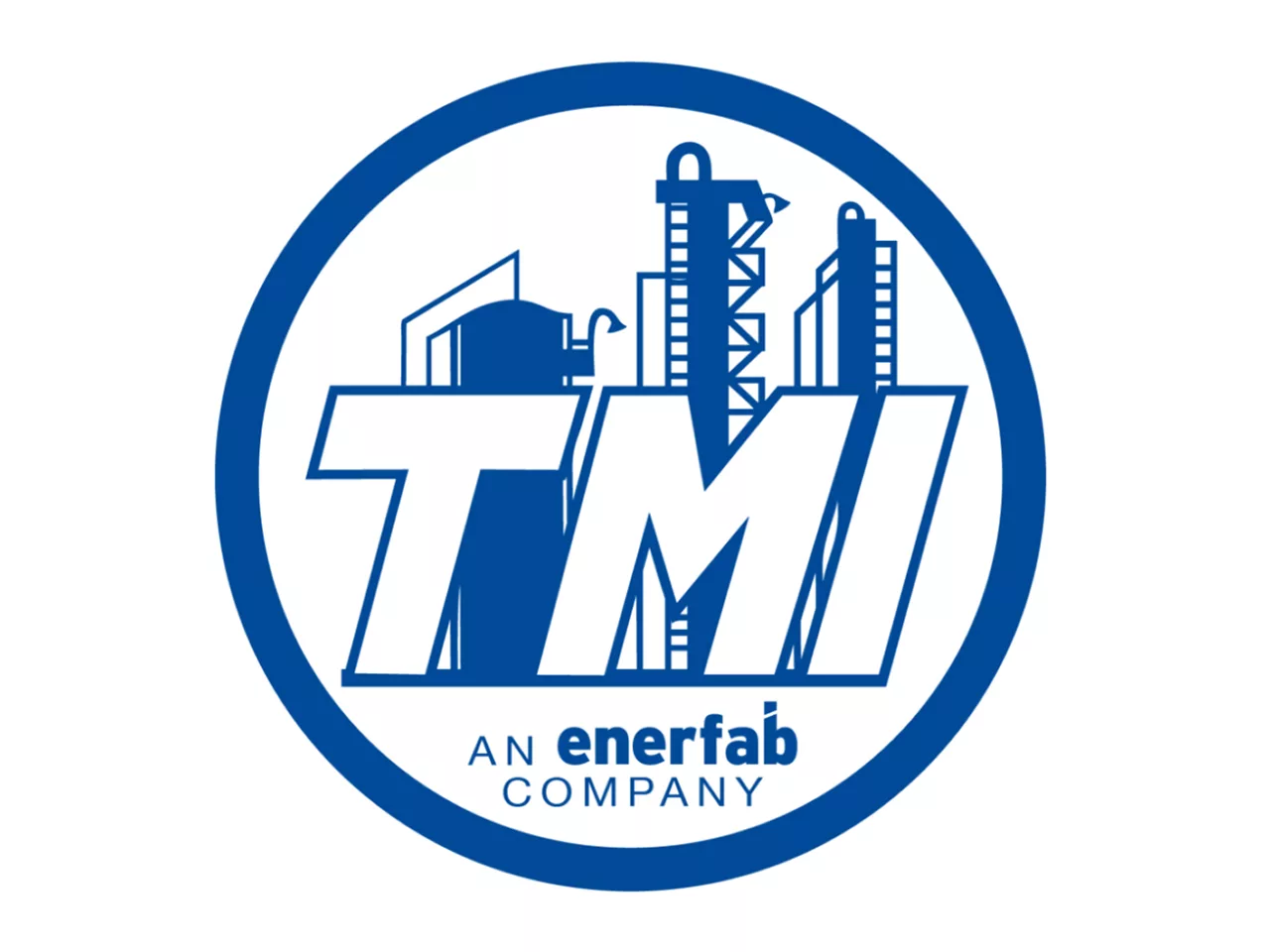Leading a Business Through a Crisis
Article by Enerfab Chief Operating Officer Shawn Peck
Over the life span of your career, you will be challenged with unforeseen moments of crisis. These can take many forms – globally intertwined economies impacting delicately balanced supply chains; political instabilities altering our ways of life; industry imbalances between supply and demand; or even something as momentous as the global pandemic we’re facing now.
No matter the cause, here are some critical insights based on my experience that you can use to safely navigate through any crisis and position your organization for long-term success.
Accept Reality — It’s human nature to deny the actual reality of the situation at hand. It is natural to tell yourself that the problem is just a short-term interruption or that minor adjustments are needed to get back on course. However, denying the reality of the situation is often like trying to push back against the ocean’s waves — a novel concept that is sure to fail.
We have a saying at Enerfab: “Bad news doesn’t age well.” The earlier a business can accept the reality of a situation, the quicker you can bring to bear the resources, strategy, and energy needed to develop the necessary solutions.
The Power of Team – Developing and implementing a plan that will lead the business through a crisis is not something you should do in a vacuum. Tapping into experience and ideas from other trusted leaders within your organization will help develop the most robust and informed solutions. We know that leveraging diverse thinking can make companies great, and you should utilize that same leadership approach when in crisis mode. More importantly, the entire organization will know their voices were heard, which help foster employee buy-in and executional excellence during the implementation phase.
Communicate, Communicate, Communicate – Crises create stresses throughout an organization, and each person will have a unique set of worries. While fear of the unknown can be paralyzing, rumor speculation leads to wasted energy.
Timely and frequent communication helps companies build a psychological bridge that enables its people to understand the journey required to resolve the crisis at hand. And communication needs to be two-way, not top-down. Leaders of the business must continually and proactively listen to best understand the temperament of personnel within the organization.
Know Your Numbers – We have the fortune and misfortune to live in a day when data is so easily accessible, and we often become overwhelmed by the numbers and fail to convert the data into useful information. Information drives thought, thought drives solution, and solutions drive action. Crises will force you to a thorough understanding of the critical metrics that must be carefully scrutinized. Within these metrics, establishing critical short-term goals will give the organization rallying points to focus their efforts and celebrate the successes that will sustain morale and motivation going forward.
Prepare for the Next Wave – As a crisis develops and the organization implements the priority solutions, a common mistake is short-sightedness. As the implemented actions start creating positive trends, an organization can be lulled into a sense of over-confidence and complacency. Leaders must stay closely attuned to how the solutions can potentially create new stresses. You must understand the financials six to twelve months out because revenue pipelines may require additional time to be adequately replenished as customers slowly release their capital spending. It is often difficult to focus on longer-term strategies during a crisis, but successful leaders need to keep a short- and long-term view to prevent any unforeseen surprises.
Look for the Positive – It is a scientific fact that the presence of wind makes a tree stronger and able to support its weight as it matures. While difficult to recognize amid a challenge, “crises winds” can have the same impact on our organizations. Positive actions can include closer team collaboration, a reprioritization of objectives, a refinement of core metrics, consistent and clear communications, new leadership talent emerging, and personal accountability.
None of us actively seeks a crisis. However, they do occur, and we need to be ready to take the appropriate actions. Organizations that embrace the insights I’ve outlined can emerge healthier and more agile, with passionate and focused employees who are more aligned and better positioned for success in the days ahead.
—
Want to learn more?
If you’re wanting a deeper dive in what we can do, send us a note at enerfab.com/contact and someone from our business development team will be with you right away.
About Shawn Peck
Shawn joined Enerfab as Chief Operating Officer in 2018 after 27 years in the chemical industry — having worked in a variety of finance, operations, business development, and executive leadership roles. His responsibility and focus is optimizing the structure and organizational performance to meet our customer needs as Enerfab continues to focus on growth and success.
Shawn holds an undergraduate degree in finance management from Juniata College and an MBA from Case Western Reserve University in Cleveland, Ohio.




